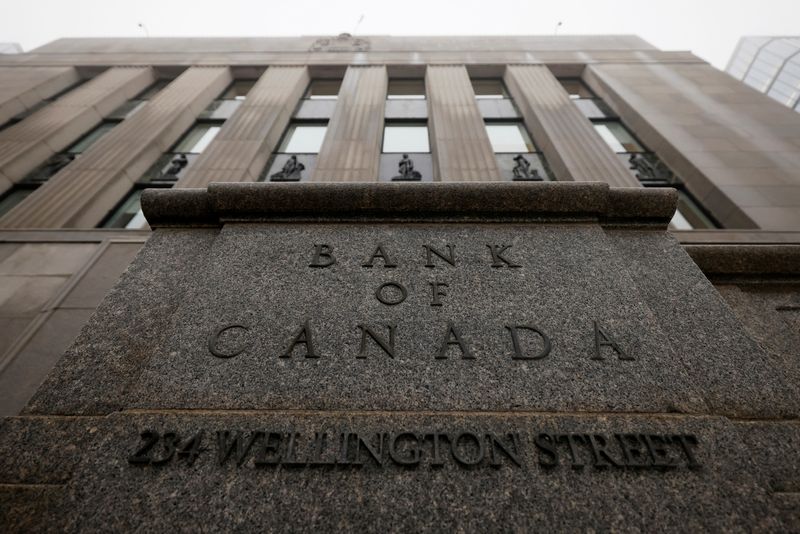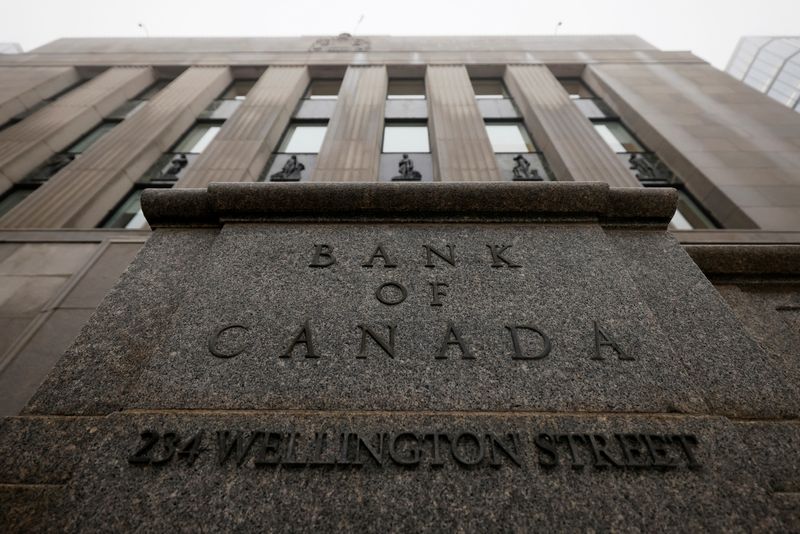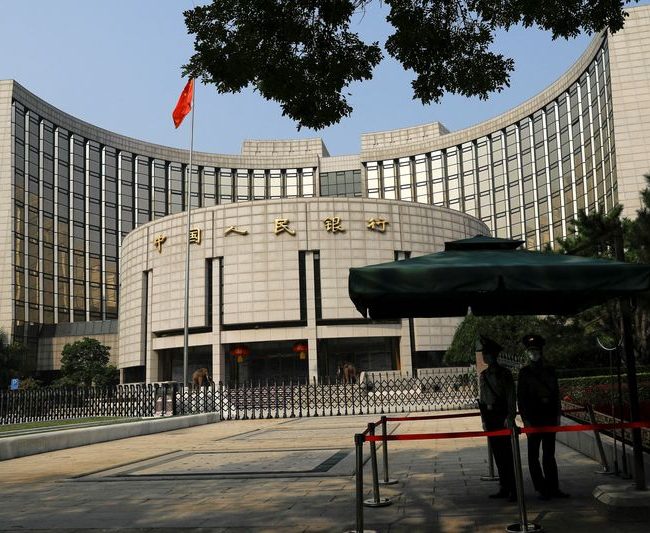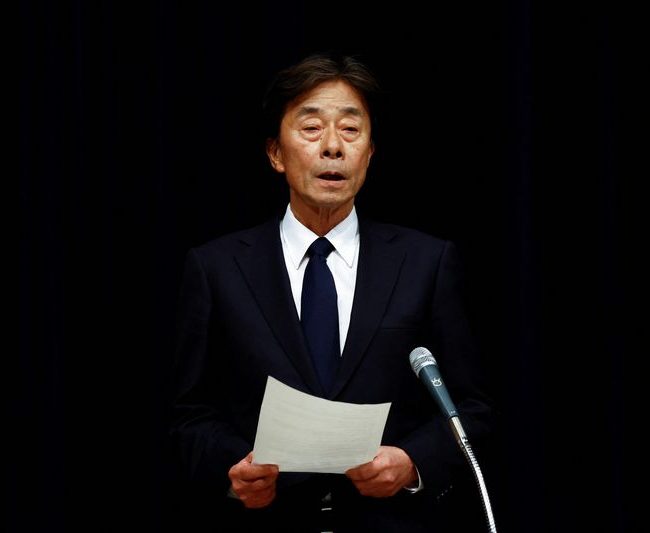
Bank of Canada to cut rates on Jan. 29, cautious over potential US tariff impact: Reuters poll

By Mumal Rathore
BENGALURU (Reuters) – The Bank of Canada will cut interest rates by 25 basis points to 3.00% on Jan. 29, according to a Reuters poll of economists, but many were not confident about the outlook beyond that given uncertainty around threatened U.S. tariffs and possible Canada’s response.
The country’s central bank has been one of the world’s most aggressive in reducing rates. It has cut by a cumulative 1.75 percentage points since June 2024 and is already very close to a neutral rate that neither restricts nor stimulates the economy.
But with U.S. President-elect Donald Trump returning to the White House on Monday, his threat of slapping tariffs as high as 25% on Canadian imports looms over the economy, even as it has produced some better-than-expected data on inflation and jobs.
Several economists in the Jan. 10-16 Reuters poll said they have yet to factor in the effect of potential tariffs on their latest forecasts.
Next (LON:NXT) week could provide some more clarity after Trump takes office and Canada outlines its response, but most acknowledged it was difficult to forecast rates beyond the upcoming meeting.
“If Canada gets hit with large tariffs and we don’t retaliate then the disinflationary effects would likely prompt considerably more easing by the BoC,” said Derek Holt, head of capital markets economics at Scotiabank (TSX:BNS).
“If we do retaliate, then toeing the line on the policy rate or even hiking are possibilities. Our outlook at this point is highly uncertain and we may learn a lot more about the risks next week when Trump takes power.”
An 80% majority of economists, 25 of 31, expected a quarter- point rate cut on Jan. 29, a step down from December’s half percentage-point move. The rest expected a pause.
According to the poll’s median forecasts, another 25 bps cut will come in March, followed by one more next quarter, taking the overnight rate to 2.50%, below what interest rate futures are now pricing.
Whether 2.50% actually is the end-point for rates will depend on how relations with the United States develop after decades of free trade.
“Tariffs are a clear, unambiguous negative for the Canadian economy and the Bank of Canada would likely be forced to react with lower rates if we do get tariffs,” said Benjamin Reitzes, Canadian rates and macro strategist at BMO Capital Markets.
“I hope it’s all temporary or it doesn’t happen at all, but there’s no way of knowing where this goes,” he said.
Canadian inflation, which eased to 1.9% in November from October’s 2.0%, was expected to remain well within the BoC’s target of 1-3% over the coming quarters and average 2.1% this year and 2.0% next.
Asked about potential deviations from their forecasts this year, all 14 economists but one said inflation could come above rather than below their projections.
The economy was forecast to grow 1.8% this year and 1.9% next, faster than 1.3% in 2024. The outlook was largely unchanged from an October poll.
(Other stories from the Reuters global economic poll)


